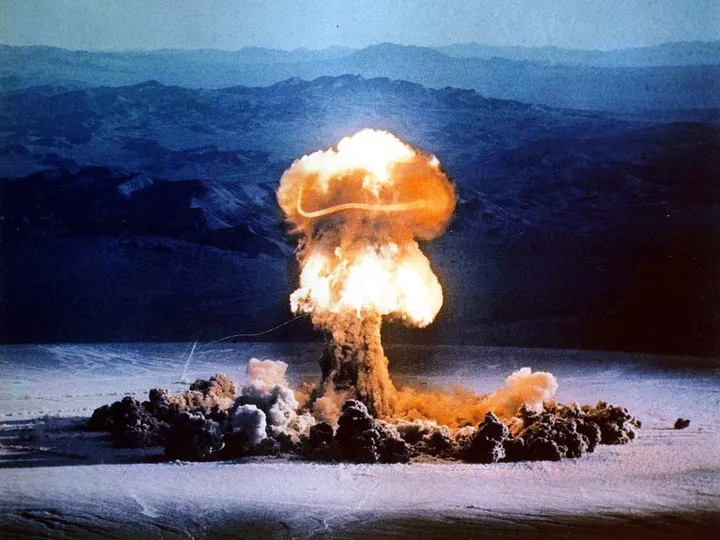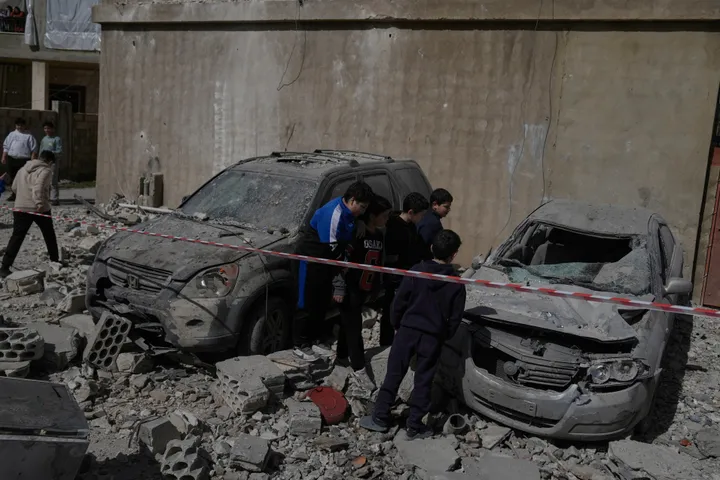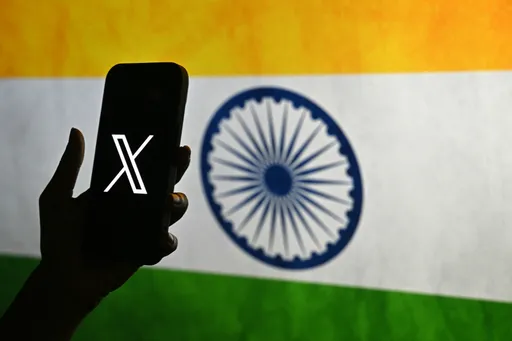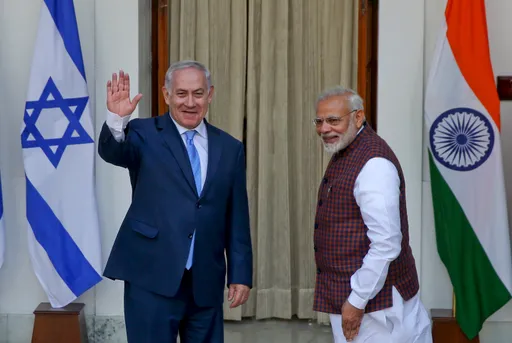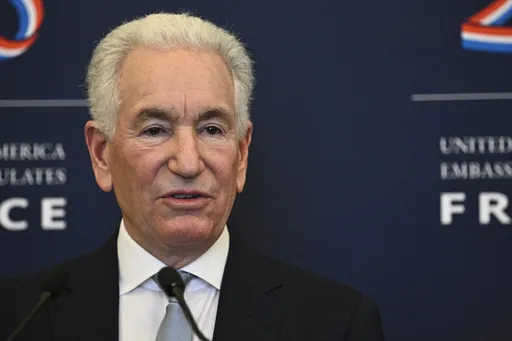US law enforcement has seized control of the websites of two Iranian state-controlled news groups, Press TV and Al Alam, and of the Al Masirah TV channel of Yemen's Houthis, statements posted on the websites showed.
Each site had displayed a single page on Tuesday with a statement that it "has been seized by the United States Government" and making reference to US sanctions laws, accompanied by the seal of the FBI and the US Department of Commerce.
Iran said the state-linked news websites were seized by US government under unclear circumstances. US officials have not acknowledged role in the seizure of the websites.
US broadcaster CNN citing a national security official said Washington was behind seizure of "dozens of US website domains connected to Iran."
'Coordinated action'
Marzieh Hashemi, a prominent anchor for Press TV, told The Associated Press that the channel was aware of the seizure but had no further information.
"We are just trying to figure out what this means," she said.
"In what seems to be a coordinated action, a similar message appears on the websites of Iranian and regional television networks that claims the domains of the websites have been 'seized by the United States Government'," Press TV said on Twitter.
Iran's Arabic language Al Alam TV said on its Telegram channel: "US authorities shut down Al Alam TV's website."
Two US government sources indicated that the Justice Department was preparing an announcement on this issue.
Notices have also appeared on website of Lualua TV, a Bahraini independent channel which broadcasts from Britain.
The semi-official Iranian news agency YJC agency said on Tuesday the US move "demonstrates that calls for freedom of speech are lies".
READ MORE: Iran hails UN court ruling on hearing over US sanctions as 'victory'
Scores of domain names seized in 2020
Last year, United States seized 92 domain names that it said were "unlawfully" used by Iran's Islamic Revolutionary Guard Corps "to engage in a global disinformation campaign."
"This important work will continue. Iran cannot be allowed to hide behind fake news sites. If Iran wants to be heard using US facilities, it must reveal its true colours," the US Justice Department had said.
The site for the Houthi-run Al Masirah satellite news channel acknowledged its website's seizure by the FBI.
In a statement, the group said the site's closure had come without prior notice but that the channel would continue in its mission of "confronting the American and Israeli acts of piracy against our nation, by any means."
US-Iran tensions
The takedowns of websites come amid the wider heightened tensions between the US and Iran over Tehran's now-tattered nuclear deal with world powers.
The Islamic Republic's president-elect, judiciary chief Ebrahim Raisi, staked out a hard-line position on Monday in his first news conference since his election victory.
He said he would would not meet with President Joe Biden and ruled out any further negotiations with the West over Tehran's ballistic missile programme and support for regional militias.
Press TV, launched in June 2007, is the state-run Islamic Republic of Iran Broadcasting's [IRIB] English-language service. There are no private television or radio stations in Iran. Satellite dishes, while widespread, also are illegal. That leaves IRIB with a monopoly on domestic airwaves.
While airing in Iran, Press TV focuses predominantly on international affairs through the lens of how leaders in the Islamic Republic see the world. Fierce criticism of British and American foreign policy is common. Since the 1979 Islamic Revolution, IRIB has been in the hands of hard-liners who back Iran's government.
Its broadcasts have drawn fierce Western criticism.

